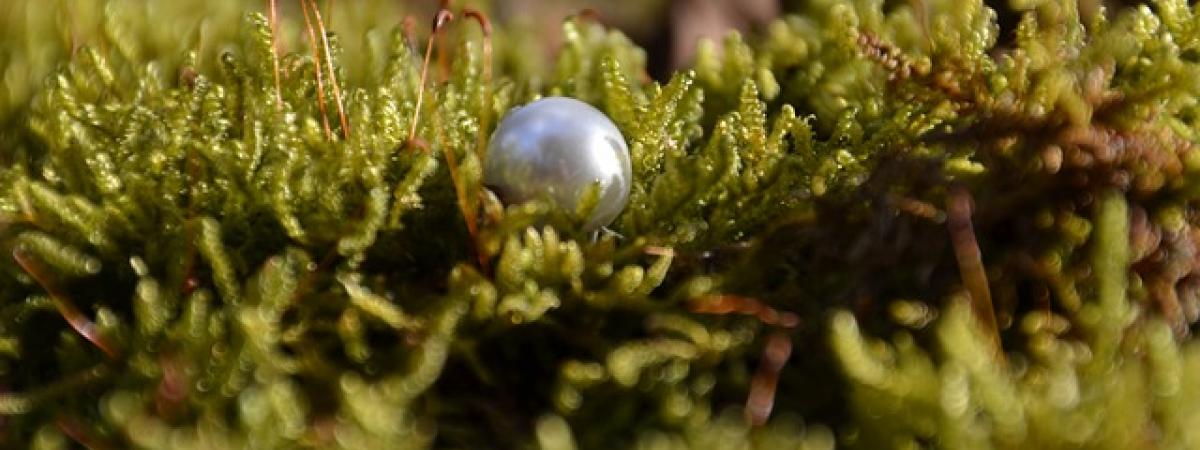Coenzyme Q10: the miracle cure?

The search continues for a remedy that will cure all diseases and prolong life indefinitely. The philosopher’s stone, the red sap of the elephant tree and ginseng have all been touted as possible elixirs of life. Does the answer actually lie deep within us all?
Here are ten things you didn’t know about Q10.
It’s in every cell of your body
Every living cell (human, animal or plant) contains Q10: its other name is ubiquinone to reflect its ubiquitous distribution. In humans, it’s made in the liver in a similar way to cholesterol. Perhaps Mariah Carey was referring to Q10 as the hero within when she sang her famous lines “Look inside you and be strong - and you’ll finally see the truth - that a hero lies in you”.
It’s essential for energy production
The late Dr Emile Bliznakov, a world authority on Q10 said “Take the Q10 out of the cell and you have a cell that has as much potential as a V8 engine without spark plugs – a dead engine”. All cells need energy to function; some need more than most. Heart cells are the hardest working cells in the body and so they are rich in Q10. In fact, Q10 was first isolated in beef heart in 1957.
It can give renewed vigor to the failing heart
420 patients with heart failure received Q10 or placebo alongside their conventional heart failure medicine for 2 years in a Danish study. Cardiac-related deaths were much less likely in those receiving Q10.
Q10 may even help those with healthy hearts: another study showed improved heart function when healthy elderly people took Q10. Q10 levels are known to decrease with ageing; taking it as a supplement may prevent cholesterol build-up and lower blood pressure.
It’s also an antioxidant
Antioxidant-rich foods are often promoted as good for human health. In most cases, the food actually offers little benefit, and that’s probably because Q10 is already acting as a natural antioxidant, boosting the immune system, perhaps helping us to fight off colds and other infections.
It can control your genes
Your body contains approximately 20,000 genes and they control everything from eye colour to disease. Q10 has been shown to control genes relating to inflammation and fat metabolism, making it a promising target for weight loss and inflammatory conditions such as lupus.
It’s in your food
Approximately 25% of Q10 is from our diet. Q10-rich foods include beef heart, liver, eggs, soybean, peanuts, spinach and mackerel. Q10 capsules are also available in health food stores, pharmacies and supermarkets. In the UK, opinion is divided about their effectiveness, but in Japan more than 10 million people take Q10 to promote heart health.
It’s entirely safe
Effective or not, Q10 is safe to take. There are no known toxic effects, and Q10 cannot be overdosed. The late Dr Bliznakov foresaw an era where Q10 might be a standard addition to the diet, much like vitamins that are now added to breakfast cereals.
Statin drugs can reduce Q10 levels
Cholesterol and Q10 are made via a similar mechanism in the liver. Statins, taken to reduce cholesterol production, therefore also deplete Q10 levels. Supplementing Q10 can overcome this effect of statins: studies also show it can help reduce the muscle pain sometimes associated with statin use.
It has an exciting future
According to scientists, Q10 might cure heart disease, AIDS, Alzheimer’s, schizophrenia, Parkinson’s, multiple sclerosis and lupus, slow ageing and accelerate weight loss.
It might be too good to be true
Newspaper journalist Gerald Hunt advises caution, stating “It seems unlikely that one common compound could have the potential to manifest so many beneficial applications for human health – the claims seem to be extraordinary.” Indeed, research into the possible benefits of Q10 in Parkinson’s have been disappointing. Let’s wait and see what the studies show.
